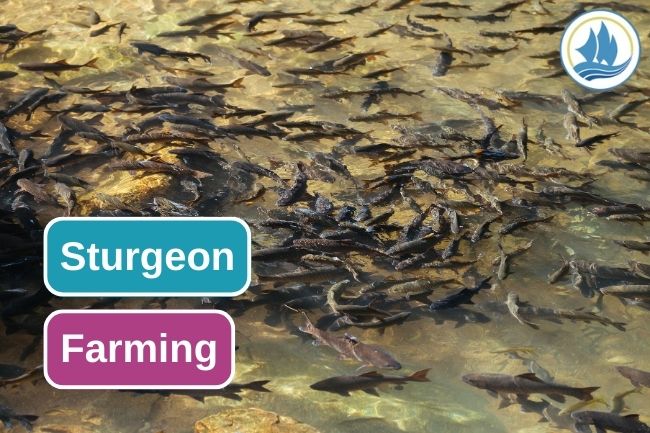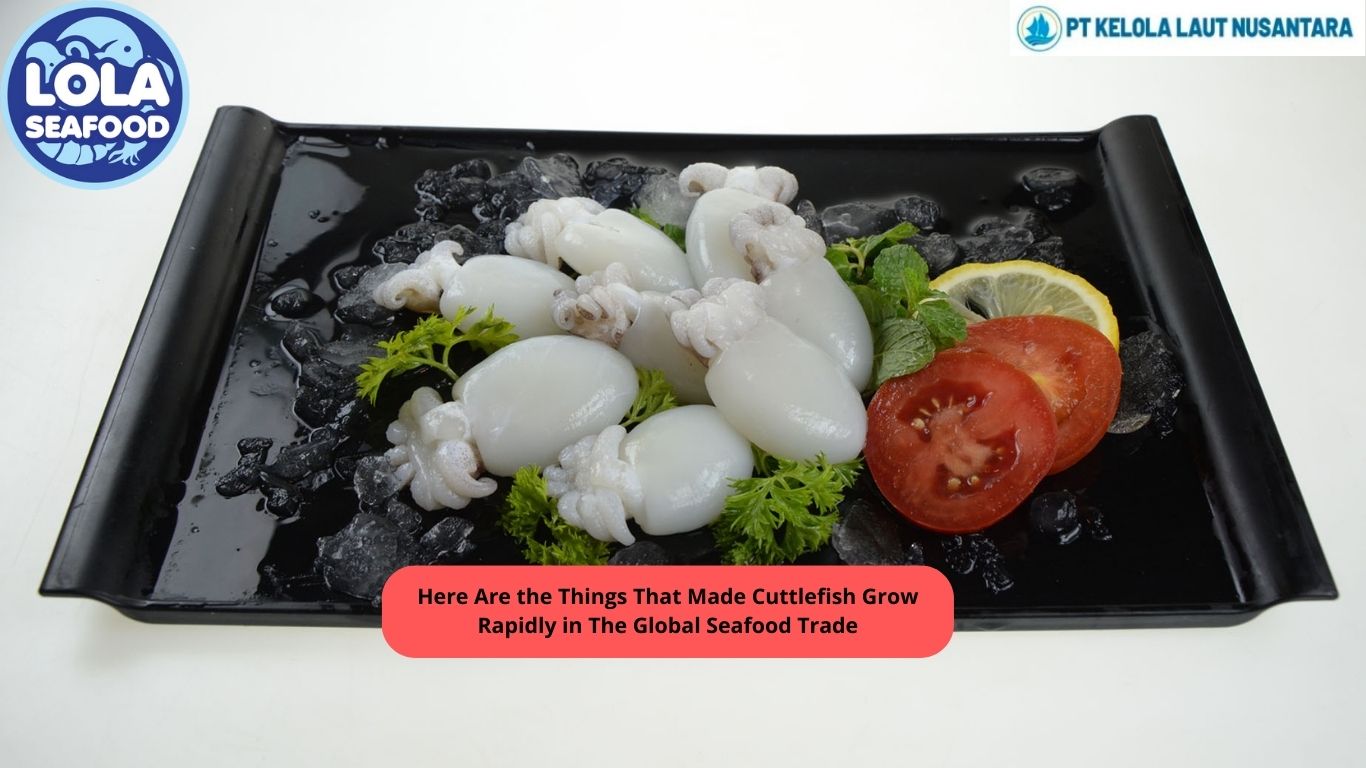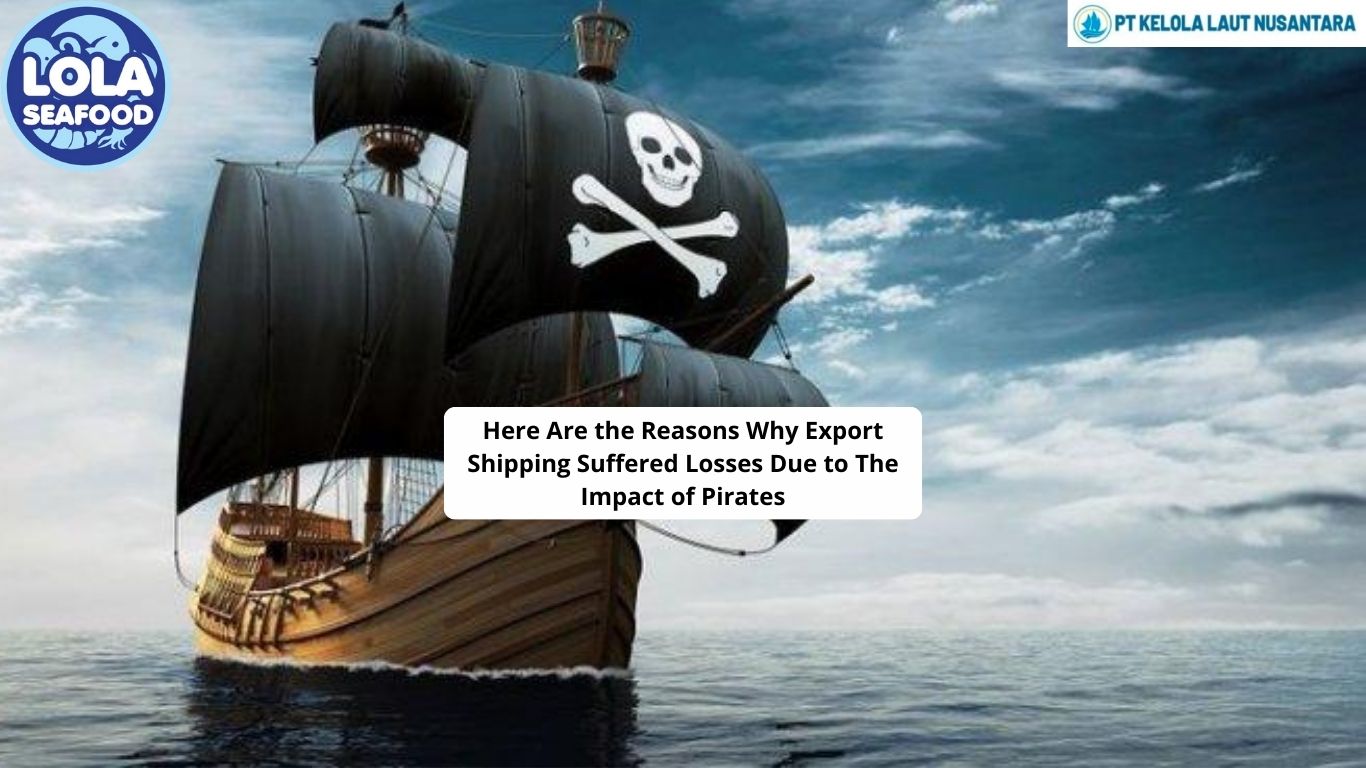Here’s You Need To Know About Sturgeon Farming
By. Nevanda - 09 Jun 2023
kelolalaut.com - Historically, caviar was obtained from wild sturgeon populations. However, due to overfishing and habitat degradation, many sturgeon species are now endangered or critically endangered.
In response to declining wild populations, fish farming or aquaculture of sturgeon has been developed to meet the demand for caviar. Sturgeon farming involves raising sturgeon in controlled environments, usually in large tanks or ponds. The fish are carefully monitored and fed to ensure their growth and health. Once the sturgeon reach maturity, the eggs can be harvested and processed into caviar.
Read also: Delicious Lobster Mac And Cheese Recipe
The sturgeon farming process involves several key steps. It begins with the selection of sturgeon for aquaculture, often taking into account the species, age, and health of the fish. Once selected, the sturgeon are typically raised in controlled environments such as large tanks or ponds. Proper water quality management, including filtration and oxygenation, is crucial to maintaining optimal conditions for the fish.
Sturgeon are fed a carefully formulated diet to support their growth and ensure their nutritional needs are met. As the sturgeon mature, they reach the point of potential caviar production. This is when the fish are typically anesthetized to minimize stress and discomfort. After the caviar is extracted, it undergoes further processing. The eggs are separated from any connective tissue or impurities and rinsed with clean water.
Throughout the farming process, responsible practices are followed to ensure the welfare of the sturgeon and minimize any potential environmental impacts. This includes regular water quality monitoring, disease prevention measures, and adherence to applicable regulations and certifications.
Read also: Smoky Indonesian-Styled Grilled Fish To Try
Sturgeon farming requires expertise, patience, and attention to detail to produce high-quality caviar. Sustainable farming practices and conservation efforts are essential to protect wild sturgeon populations and ensure the long-term viability of the industry.
Sturgeon farming for caviar production is practiced in several countries, including Russia, Iran, Azerbaijan, and the United States, among others. These farms aim to produce high-quality caviar while also conserving wild sturgeon populations. The process requires expertise and proper management to ensure the welfare of the fish and the quality of the caviar.
Read also: How Much Clam Are Safe To Consume?
.jpg)
 (1).png)


.jpg)
.jpg)
.jpg)

 (3).png)